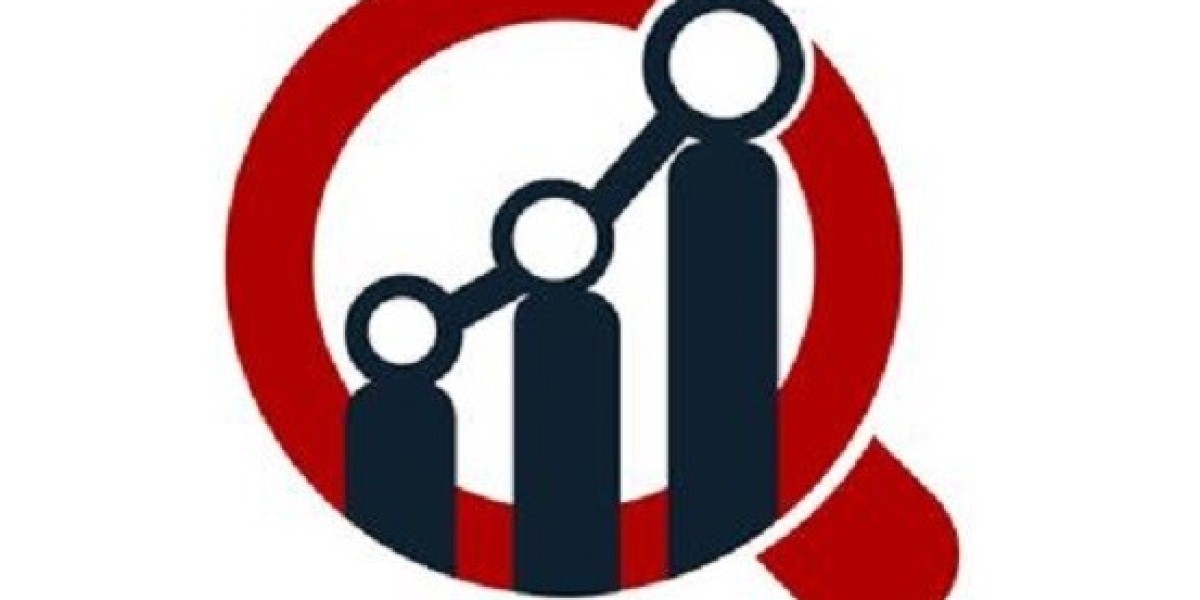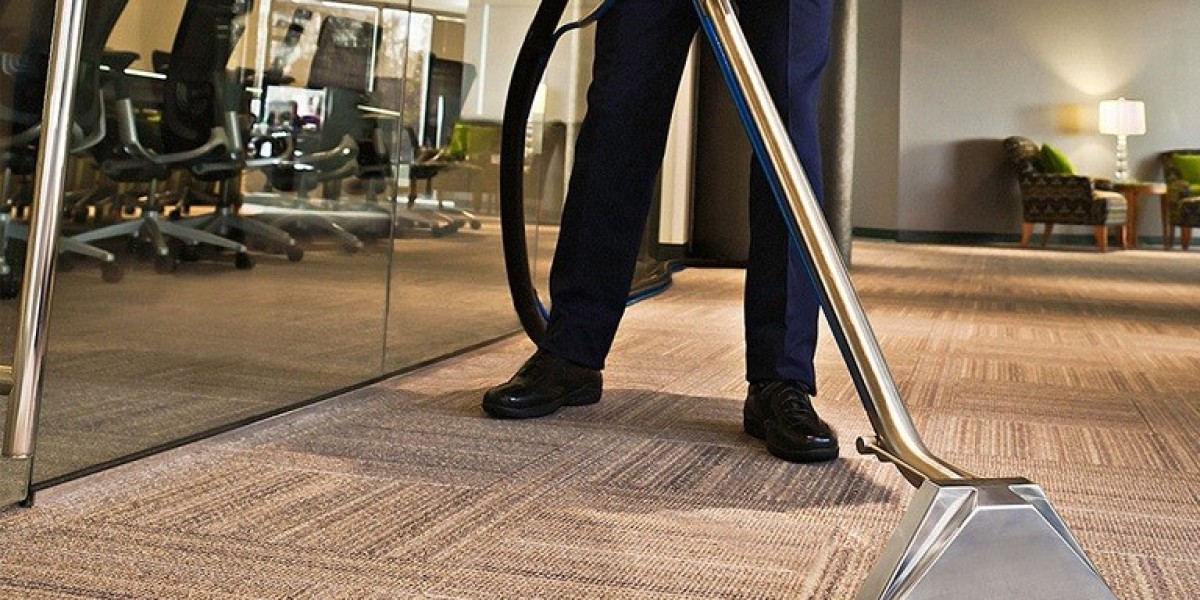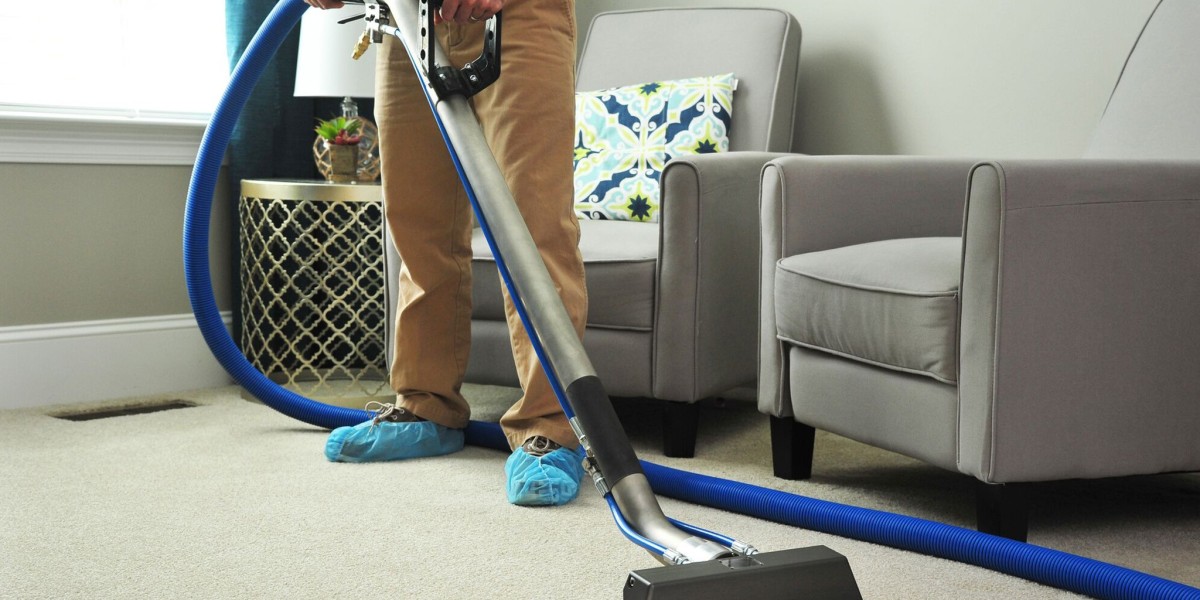The Germany Hospital Bed Market is a vital, dynamic, and technologically advanced sector deeply embedded within the nation's highly sophisticated healthcare infrastructure. This market encompasses an extensive and diverse range of beds, meticulously designed and engineered to cater to the specific needs of patients across various care settings. This includes highly specialized beds for acute care units, robust and versatile beds for intensive care units (ICUs), as well as ergonomic and comfortable options for long-term care facilities, rehabilitation centers, and increasingly, home care environments. The product spectrum is broad, ranging from foundational manual beds and versatile semi-electric beds to highly sophisticated electric beds. A significant segment within this market is the growing category of "smart beds," which are equipped with cutting-edge features like integrated pressure mapping systems to prevent bedsores, precise weight sensors for continuous patient monitoring, and advanced connectivity options for seamless data transfer to electronic health records.
The robust growth of the German hospital bed market is fundamentally driven by several compelling demographic and healthcare trends. Germany's rapidly aging population, a significant demographic shift, directly contributes to an increased demand for hospital beds, particularly those designed for extended stays and complex care. Concurrently, the rising prevalence of chronic diseases across all age groups necessitates specialized beds that can accommodate long-term care needs and facilitate patient recovery. Continuous technological advancements in bed design and functionality are consistently enhancing patient comfort, safety, and the efficiency of care delivery. Furthermore, a strong and sustained focus by the German government and healthcare providers on strengthening and modernizing healthcare infrastructure ensures ongoing investment in high-quality medical equipment. In essence, the German hospital bed market plays a crucial and indispensable role in enhancing patient comfort, ensuring patient safety, and optimizing the operational efficiency of healthcare delivery throughout the country, reflecting Germany's commitment to excellence in patient care.
Latest Innovations in the Germany Hospital Bed Market
The Germany Hospital Bed Market is at the forefront of innovation, continuously introducing advanced features and cutting-edge technologies to profoundly enhance patient care, streamline operational efficiency, and elevate the overall patient experience. One of the most significant and transformative innovations is the increasing integration of smart bed technologies. These highly advanced hospital beds are far more than just a place for patients to rest; they are sophisticated medical devices. They come equipped with features such as automated positioning systems that can adjust the bed's configuration to alleviate pressure points and improve circulation, precise weight sensors for continuous patient monitoring, and integrated connectivity options that allow for real-time data transmission to electronic health records (EHRs) and nursing stations. Furthermore, many smart beds incorporate advanced pressure mapping systems that alert caregivers to potential pressure injury risks, enabling proactive interventions. These innovations not only significantly improve patient safety and comfort but also provide crucial, real-time data for healthcare providers to monitor patient conditions more effectively and make timely clinical decisions, ultimately leading to better recovery outcomes and reduced hospital-acquired complications.
Another key area of innovation is the relentless development of electric beds with enhanced functionality and user-friendliness. These beds have gained immense popularity due to their ease of operation for both patients and healthcare providers. They allow for effortless adjustments to head, foot, and overall bed height positions with simple controls, significantly contributing to patient comfort and autonomy. Crucially, these advancements also reduce the physical strain on nursing staff, minimizing the risk of musculoskeletal injuries associated with manual patient handling. Furthermore, the market is witnessing a growing trend towards specialized beds designed for specific patient populations, such as bariatric patients, pediatric patients, or individuals requiring long-term care or specialized rehabilitation. These beds incorporate features tailored to their unique needs, including increased weight capacity, specialized safety rails, or integrated therapy surfaces.
Innovations also extend to the use of eco-friendly materials and energy-efficient designs in hospital bed manufacturing. This aligns with broader sustainability goals within the healthcare sector and reflects a commitment to environmental responsibility. Many manufacturers are focusing on durable, recyclable materials and energy-efficient motors to reduce the carbon footprint of their products. Moreover, companies are heavily investing in patient mobility and safety features. This includes beds that can be lowered closer to the floor to reduce the risk of falls during transfers, integrated assist handles, and intuitive braking systems. The development of advanced mattress technologies, such as dynamic air mattresses that continuously redistribute pressure, further enhances patient comfort and helps prevent pressure ulcers. These latest innovations collectively drive progress within the Germany Hospital Bed Market, contributing not only to superior patient outcomes and safety but also to more efficient, sustainable, and patient-centric healthcare delivery.
Key Drivers Propelling Market Expansion
The Germany Hospital Bed Market is experiencing significant and robust growth, propelled by several pivotal underlying factors that are reshaping the landscape of patient care and facility management. A primary and profoundly influential driver is the increasing aging population within Germany. As the proportion of elderly individuals continues to grow, there is a commensurate and accelerating demand for hospital beds, particularly those specifically designed and outfitted with cutting-edge equipment to provide enhanced patient comfort, support long-term care needs, and facilitate rehabilitation. This demographic shift fundamentally alters the patient profile, requiring beds that are more adaptable and sophisticated than standard models.
Secondly, the rise in chronic diseases is a major and undeniable catalyst for market expansion. With a substantial portion of the elderly population, as well as an increasing number of younger individuals, suffering from chronic illnesses such as cardiovascular diseases, diabetes, respiratory conditions, and various cancers, there is an intensified and sustained need for specialized hospital beds. These beds must offer not only comfort but also crucial functionality and support for prolonged periods of treatment, recovery, and rehabilitation.
They often incorporate features that aid in patient repositioning, pressure relief, and integration with other medical devices. Furthermore, technological advancements in hospital beds are profoundly influencing market growth. The integration of "smart" features into hospital beds, such as precise weight sensors for continuous patient monitoring, sophisticated pressure mapping systems to prevent bedsores, and advanced connectivity options for seamless data transmission to electronic health records, significantly enhances patient care. These innovations enable better monitoring, reduce complications, and improve overall efficiency in clinical settings.
The continuous focus on strengthening healthcare infrastructure by the German government and healthcare providers is another powerful driver. There is an ongoing commitment to modernize hospitals and other care facilities, ensuring they are fully equipped with cutting-edge medical equipment, including the latest generation of advanced hospital beds. This proactive investment in infrastructure renewal and expansion creates a steady and substantial demand for new and upgraded bed solutions.
Additionally, the growing emphasis on patient comfort and safety is a critical factor. Hospitals are increasingly prioritizing patient satisfaction and well-being as key performance indicators. This translates into strategic investments in ergonomic, aesthetically pleasing, and technologically superior beds that not only improve the overall patient experience but also demonstrably contribute to faster recovery times and reduced length of hospital stays. These interwoven factors collectively drive the dynamic expansion of the Germany Hospital Bed Market, solidifying its role as a key contributor to the nation's renowned healthcare quality and efficiency.
About Market Research Future (MRFR)
Market Research Future (MRFR) is a global market research firm that provides comprehensive insights into market trends, drivers, challenges, and opportunities. We offer a broad range of market intelligence reports and consulting services to help businesses and enterprises in various industries make informed decisions
Media Contact:
Market Research Future (MRFR)
Phone: +1-646-845-9312
Email: contact@marketresearchfuture.com
Website: marketresearchfuture







